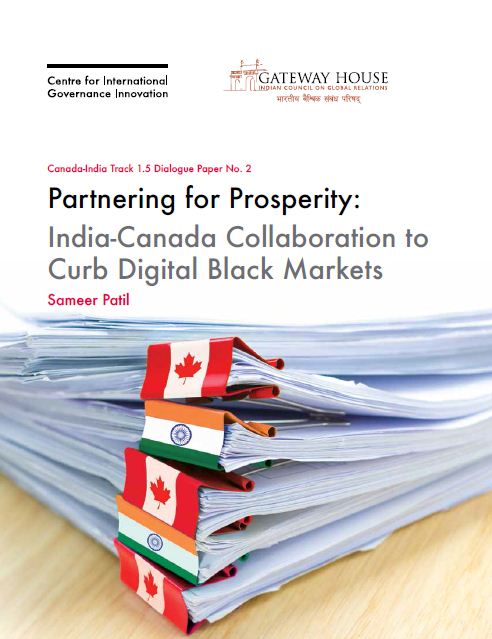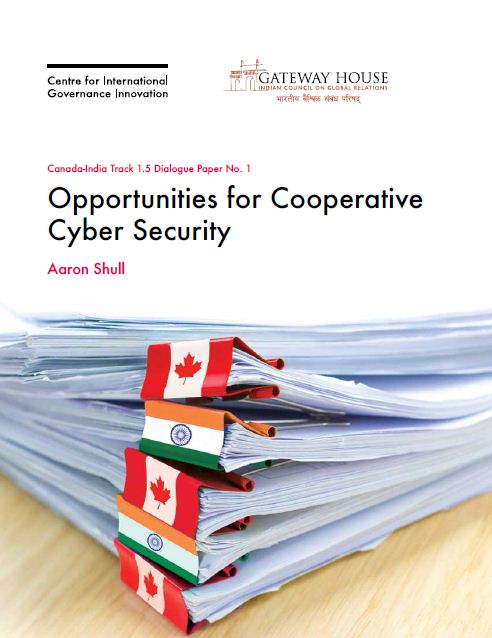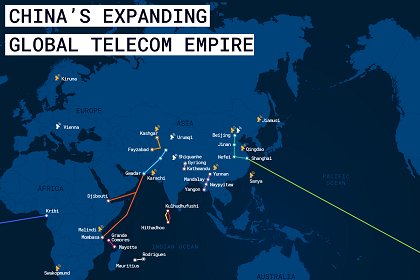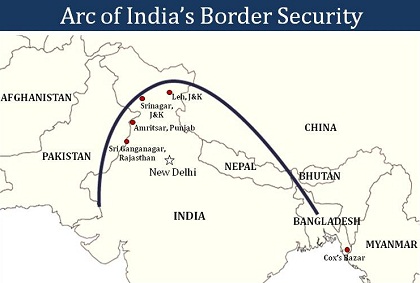Partnering for Prosperity: India-Canada Collaboration to Curb Digital Black Markets
The virtual computer world holds tremendous potential for harm infliction, and cybercrime is a growing concern for India and Canada. Both countries have cracked down on digital black markets, where transactions for contraband and illegal services take place, but such cooperation can be further deepened through advanced use of technology and informal collaboration, for example, thereby also contributing to international security at the multilateral level










